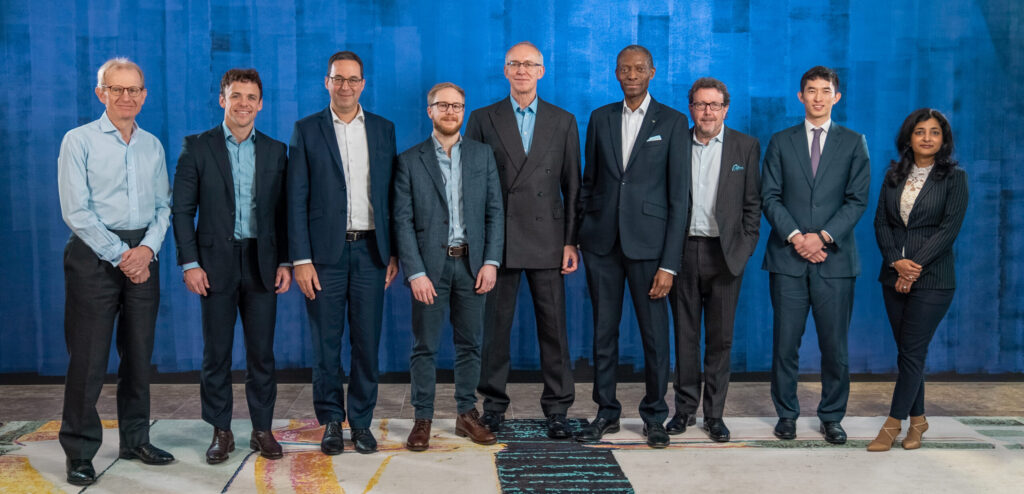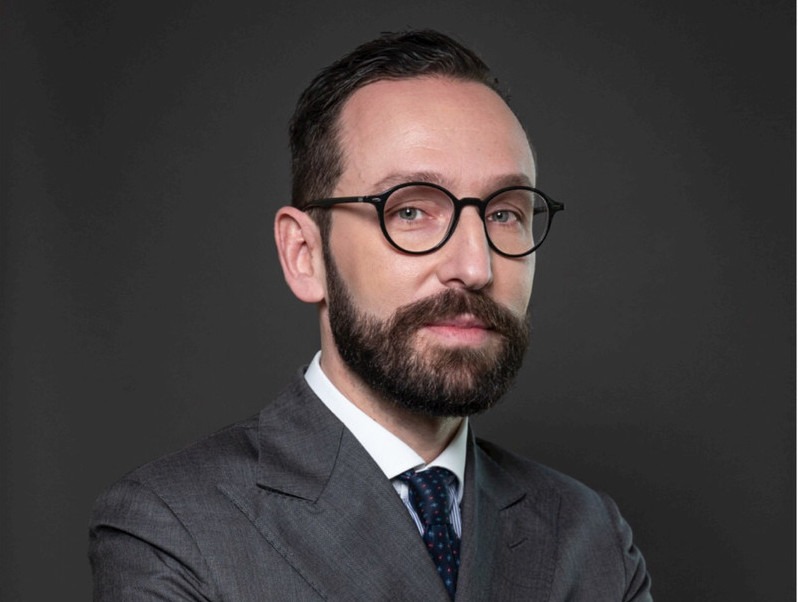By Matt Kenyon
Anyone who started at Lehman Brothers in January 2008 knows that in financial services, even the most established financial frameworks can fall apart. Stefano Bison, now Generali’s Group Head of Business Development and Partnerships, has seen at first hand the upheaval that re-shaped the modern world of banking.

Amid a global crisis, he saw a period of intense commercial and cultural trauma within an industry give way to a prolonged period of innovation, openness and modernisation.
If this story seems familiar, that’s because insurance faces a parallel upheaval 10 years down the road. Although the pandemic presents a fundamental change to corporate communications, the trends are far more fundamental. The insurance industry needs to embed itself within an ecosystem of disruptors and technology to compete in a digitised financial services landscape – insurers should know the limits of their knowledge and technical expertise, and understand what is best to outsource to solutions providers.
Bison explains how insurers can leverage partnerships with insurance disruptors and big tech firms to modernise and future-proof their business models.
Within the sector of international corporate partnerships the effects of Covid-19 have been significant. An insurance industry with a strong in-person tradition has been forced to embrace a new, all-digital model of external stakeholder communications. Commercially, the results have been surprising – with the ability to sideline lengthy commutes and long pleasantries resulting in strong performance of partnerships functions.
Bison says, however, that there is a human cost to this approach – it is not sustainable to entirely replace face-to-face contact with the current teleconferencing technology that we have. When human interactions are filtered through sub-par laptop webcams and unreliable internet connections, it is far harder to pick up on nuances in expression and tone.
Partnerships are built on a certain level of emotional investment and Bison says that, while virtual encounters can functionally bridge information gaps, to collaborate effectively between teams an authentic rapport is crucial.
Bison points to a more philosophical source of Generali’s recent approach to building partnerships – they have a central principle of technological and cultural openness.
Generali’s partnerships division is looking to take advantage of a network of partnerships that allow them to cover bases in insurance that incumbents cannot usually manage. Through deep partnerships with distributors, from brokers to retailers, insurance products can be embedded across consumer and commercial platforms. This partnership model relies on an openness to cooperation with stakeholders outside of the insurance world.
For Generali, the future is in cooperation with disruptors in the insurance space. Bison argues for an integration of startup teams into close partnerships with incumbent players. Not only do they offer technological insights, but also a level of courage and tolerance for risk that often results in more courageous decision-making.
There is a strong emphasis on openness, not only to conflicting worldviews but to the concept of long-term cooperation with technological partners. Close engagement with software and platform providers can develop products at a more effective rate, without compromising on bespoke solutions to individual insurance use cases.
Business development and partnerships have never been more crucial to the future of insurance. The insurance industry has a long way to go to open the door to tech and software partners.
Bison says that a sea change for insurance when Millennials age into the central insurance demographic. Even in more traditional verticals such as life, there is an increasing recognition of the need for fundamental cultural change.
For an industry to truly disrupt itself from within, Bison argues that insurance must see the “burning platform” moment that sparked a decade of frenzied innovation in banking. This point of business model failure has not yet been reached for insurers, but fundamental industry changes are a long game. A new model of lateral thinking, by which insurers tap into a broader ecosystem of expertise, will be key to an open future of partnerships.
–
Matt Kenyon is a content producer at Insurtech Insights.
Join 160,000 members of the insurtech community by signing up for our newsletter here.
Take a look at our upcoming webinars up here.










